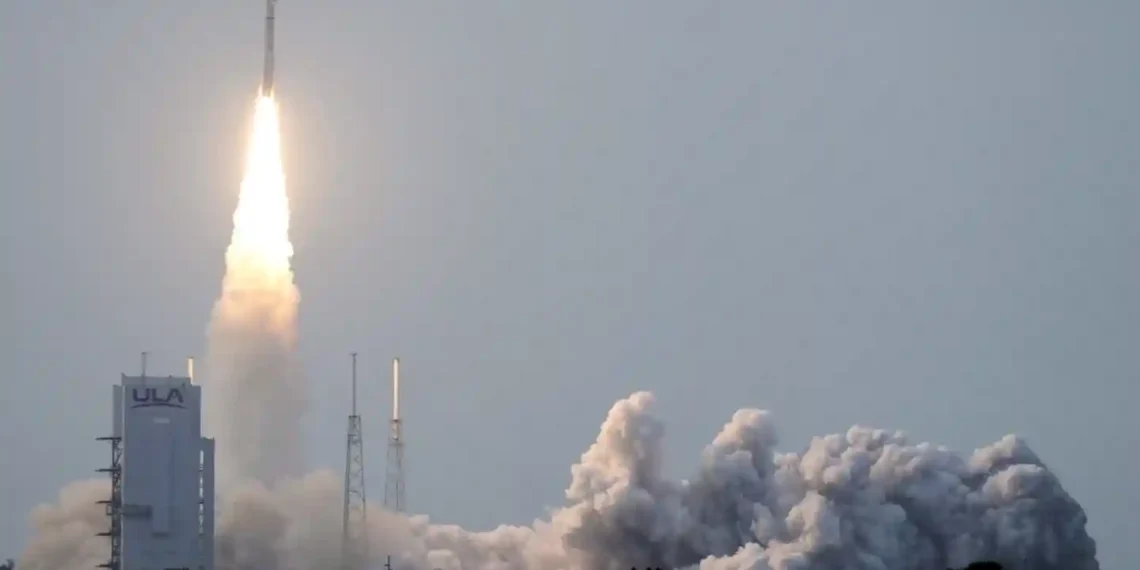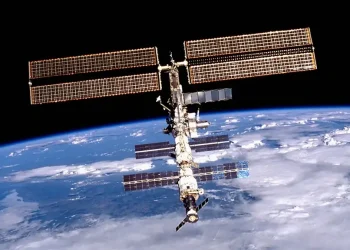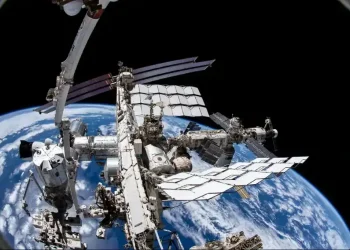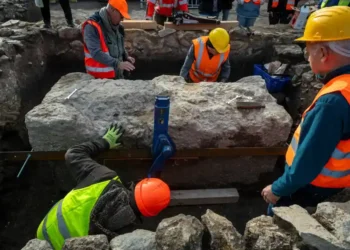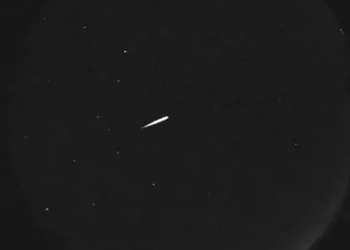Amazon Enters the Space Race: First Batch of Internet Satellites Launched to Rival SpaceX’s Starlink
Cape Canaveral, Fla. — Amazon officially stepped into the space-based internet arena on Monday, successfully launching its first full batch of broadband satellites as part of Project Kuiper — a direct challenge to Elon Musk’s dominant Starlink network.
A total of 27 satellites were carried into orbit aboard an Atlas V rocket from United Launch Alliance (ULA). Once positioned, these satellites will settle into a low Earth orbit nearly 400 miles (630 km) above the surface.
This mission follows Amazon’s initial satellite test launch in 2023, but the latest batch includes major upgrades — including special reflective coatings designed to reduce glare and minimize interference with astronomical observations, a growing concern among stargazers and scientists.
“No matter how the mission unfolds, this is just the start of our journey,” said Rajeev Badyal, VP of Project Kuiper. “There are some things you can only learn in flight.”
Amazon’s Big Ambition: Over 3,200 Satellites
Backed by Amazon founder Jeff Bezos, who also owns the space company Blue Origin, Project Kuiper aims to eventually launch more than 3,200 satellites to offer fast, affordable internet access worldwide, particularly in remote and underserved areas.
While this marks a significant step forward for Amazon, the company is entering a competitive space. SpaceX’s Starlink, which launched in 2019, has already deployed over 8,000 satellites, with more than 7,000 currently active and orbiting around 550 km (340 miles) above Earth.
Meanwhile, other players like Europe’s OneWeb have also entered the fray, placing hundreds of satellites into higher orbits.
A Growing Network and a Crowded Sky
Amazon has booked dozens of future launches with ULA, Blue Origin, and other providers to accelerate Kuiper’s rollout. But as these mega-constellations expand, so do the concerns: astronomers worry about interference with space observation, and experts warn of an increasing risk of satellite collisions in low Earth orbit.
Monday’s launch had originally been scheduled earlier this month but was postponed due to poor weather. The successful liftoff finally took place from Cape Canaveral Space Force Station once a new slot opened in the busy launch schedule.
With this launch, Amazon is no longer just a retail and cloud giant — it’s officially a player in the growing space internet industry, with eyes set firmly on the stars and an increasingly connected planet.
This article was rewritten by JournosNews.com based on verified reporting from trusted sources. The content has been independently reviewed, fact-checked, and edited for accuracy, neutrality, tone, and global readability in accordance with Google News and AdSense standards.
All opinions, quotes, or statements from contributors, experts, or sourced organizations do not necessarily reflect the views of JournosNews.com. JournosNews.com maintains full editorial independence from any external funders, sponsors, or organizations.
Stay informed with JournosNews.com — your trusted source for verified global reporting and in-depth analysis. Follow us on Google News, BlueSky, and X for real-time updates.
